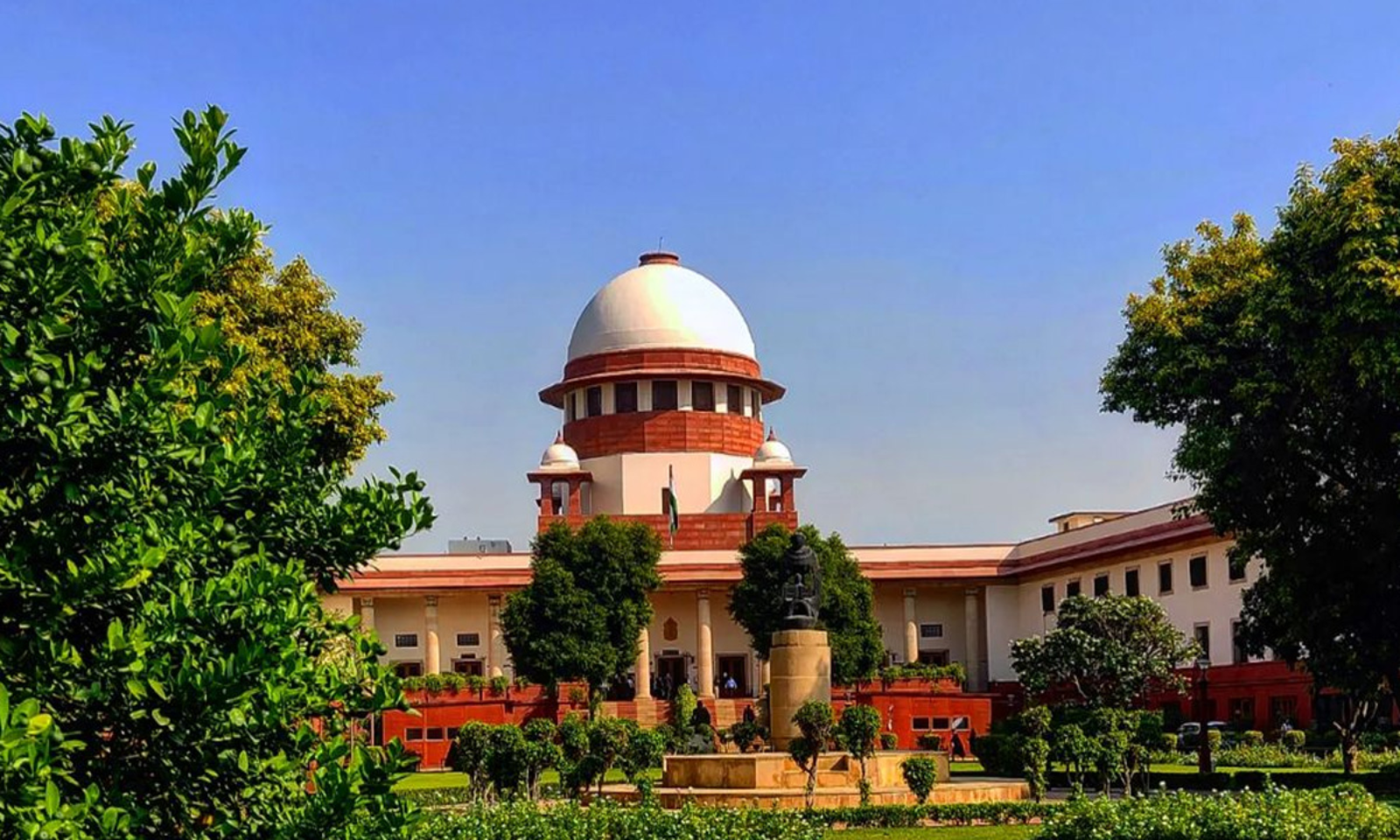Supreme Court Declines to Recognize Same-Sex Marriages
On October 17, 2023, a five-judge Constitution Bench, led by Chief Justice of India D Y Chandrachud, issued a unanimous verdict declining to recognize same-sex marriages and civil unions for non-heterosexual couples.
No Fundamental Right to Marry
- All five judges on the Bench, including the CJI, agreed that there is no fundamental right to marry under the Indian Constitution.
- Interpretation of the Special Marriage Act, 1954 to allow same-sex marriage using gender-neutral language was deemed unfeasible.
- Striking down gender-restrictive provisions of the SMA was rejected as it could disrupt the legal framework for interfaith and inter-caste couples.
Minority Opinion on Civil Unions
- Four of the five judges wrote individual opinions.
- Justice Bhat, Justice Kohli, and Justice Narasimha formed the majority, while CJI Chandrachud and Justice Kaul wrote minority opinions in favor of extending civil unions to same-sex couples.
- A ‘civil union’ offers certain legal rights and responsibilities but lacks the same recognition as marriage.
- The minority view argued that civil union status should entail a “bouquet of rights” for same-sex couples.
Cabinet Committee for Rights Consideration
- The Court acknowledged the need to examine rights for non-heterosexual couples.
- A high-level Cabinet committee was tasked with exploring rights such as joint bank accounts, beneficiary status, medical decisions, and more for same-sex spouses.
Adoption Regulations Struck Down
- The minority view by CJI Chandrachud and Justice Kaul struck down specific guidelines by the Central Adoption Resource Authority (CARA) that disallowed same-sex or unmarried couples from jointly adopting a child.
- They argued that it’s discriminatory to assume that only married, heterosexual couples can provide a safe space for raising children.
Limited Changes for Queer Couples
- The judgment did not recognize same-sex marriages or civil unions but acknowledged the right to choose partners and live-in relationships.
- The court emphasized that family laws disproportionately exclude the queer community.
- The responsibility for legal reforms and inclusivity in family law was placed on the legislature.
Month: Current Affairs - October, 2023
Category: Legal & Constitution Current Affairs








